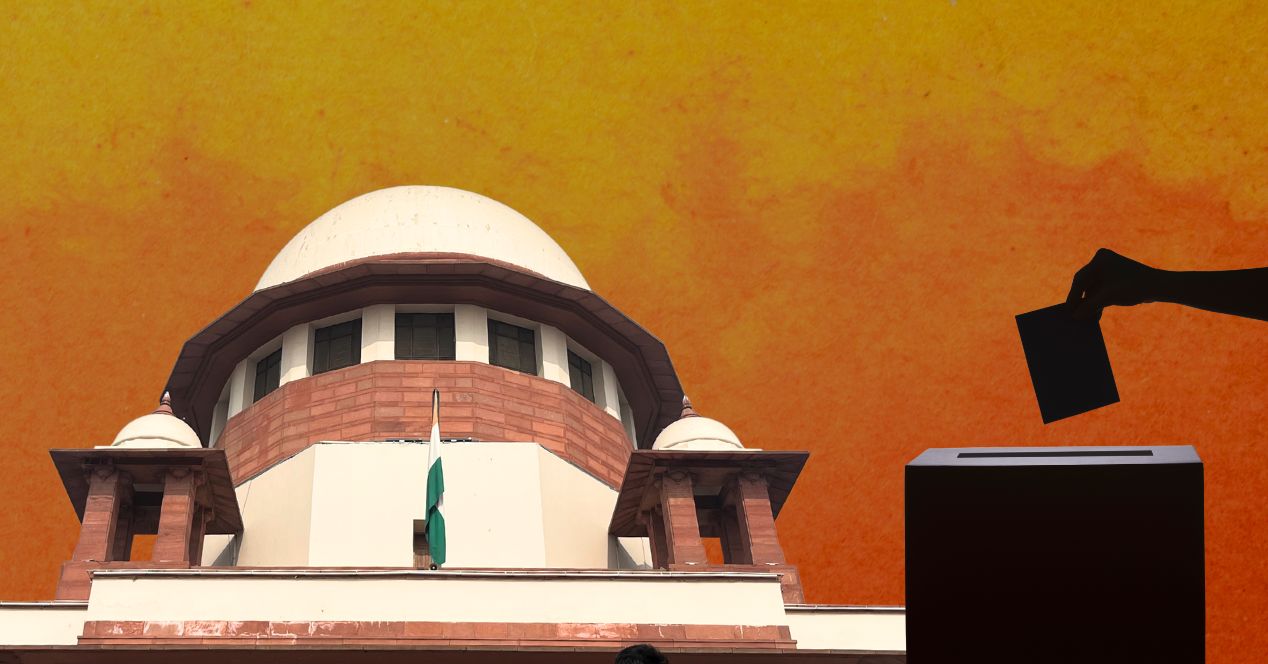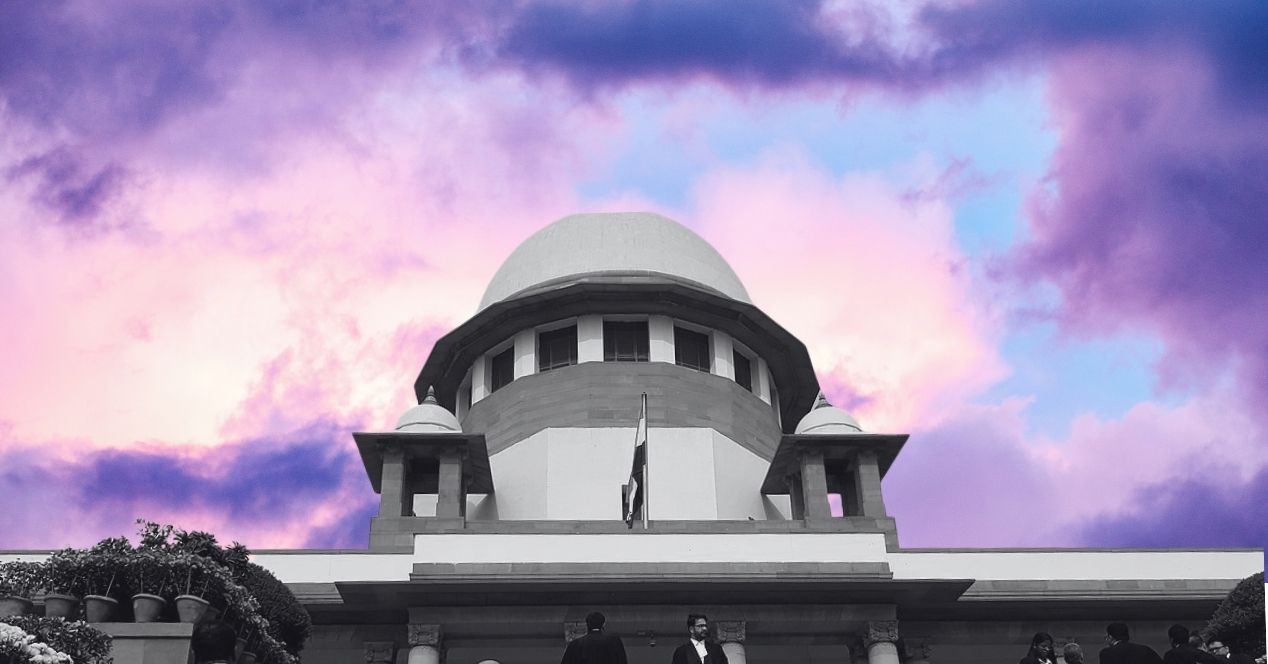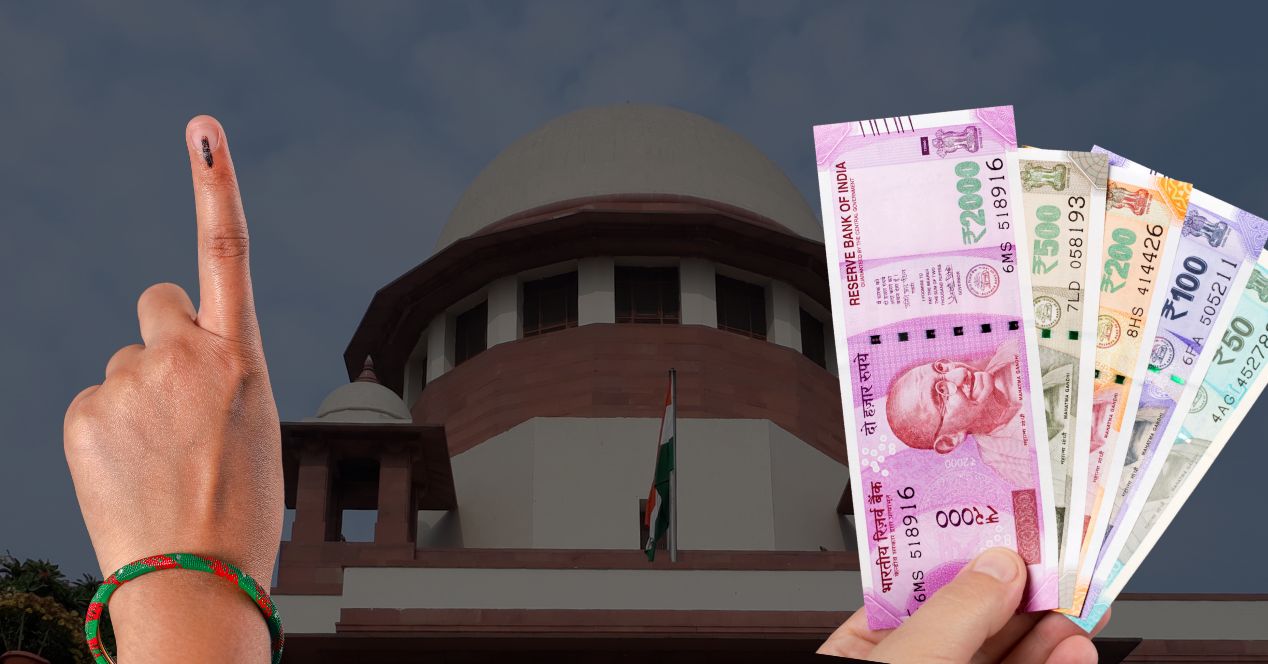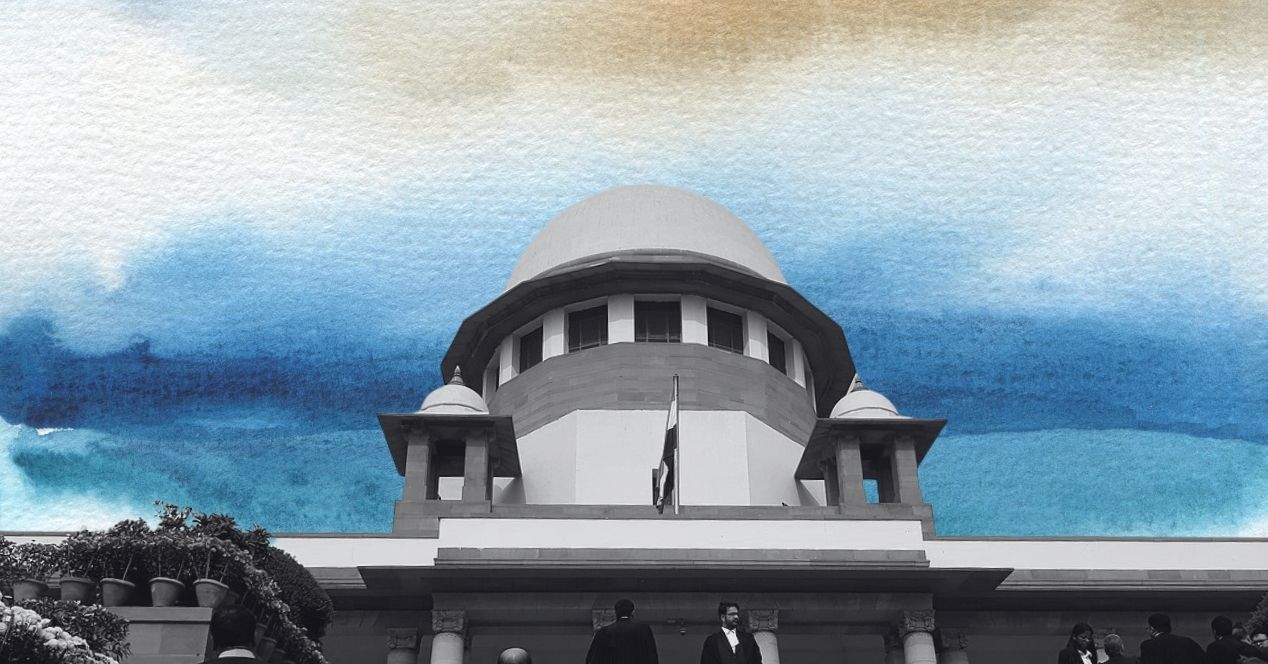Analysis
“Where is your power to mark the ballot papers?” Supreme Court asks Presiding Officer of Chandigarh mayoral election
The Court ordered all the ballot papers to be placed before it by 2:00pm tomorrow and directed their safe transport from Chandigarh
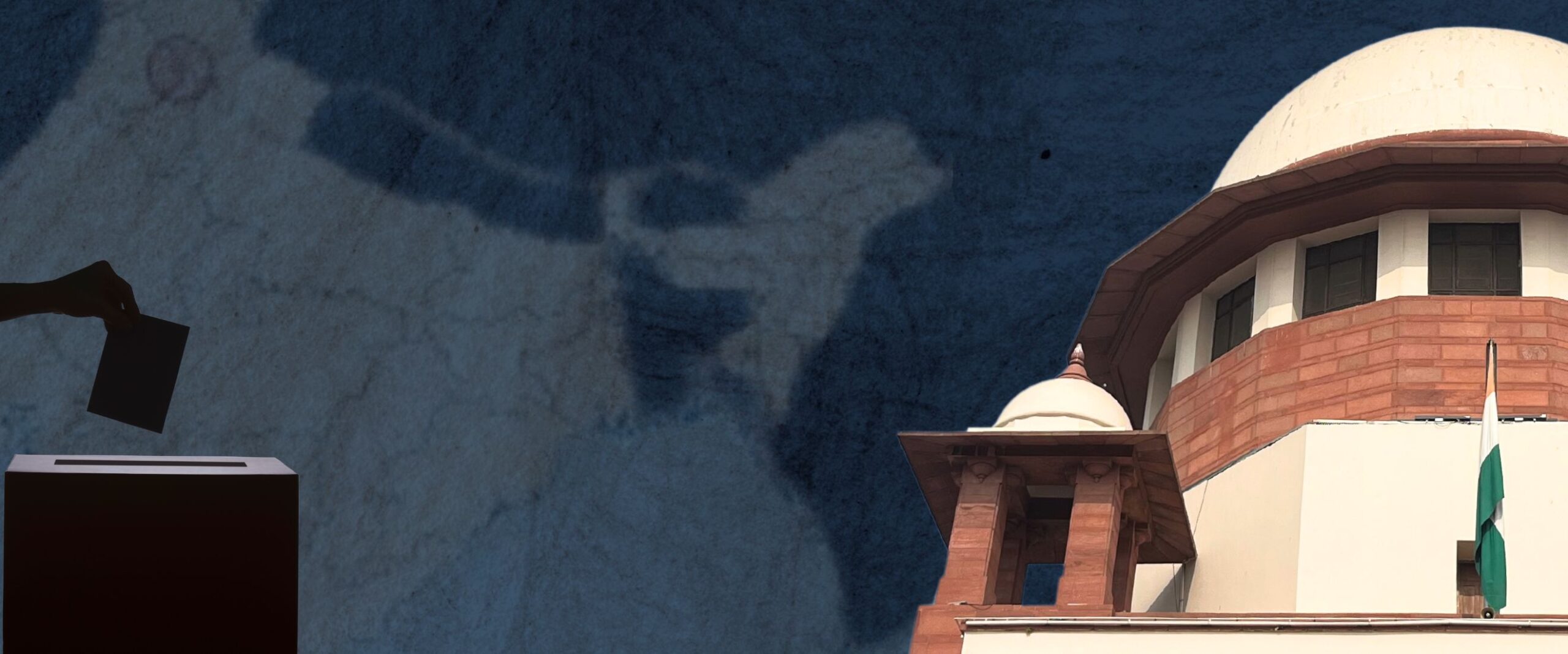
Today, a Division Bench of the Supreme Court led by Chief Justice D.Y. Chandrachud heard the case concerning the controversial mayoral election in the Union Territory (UT) of Chandigarh. The results were declared on 30 January 2024. The mayor, Manoj Sonkar, belonging to the Bharatiya Janata Party (BJP), resigned yesterday.
The Bench directed that all the ballot papers be placed before it by 2.00pm tomorrow. A judicial officer appointed by the Registrar General of the Punjab and Haryana High Court will place the ballots before the Court.
The Court is hearing a petition filed by Aam Aadmi Party (AAP) councillor Kuldeep Kumar against the Punjab and Haryana High Court’s refusal to stay the results of the Chandigarh mayoral election where the Presiding Officer Anil Masih was allegedly caught on camera tampering with the ballot papers. Masih is a nominated municipal councillor and general secretary of the BJP’s Minority Morcha.
Previously, the Court had summoned Masih to be present in Court to “explain his conduct as it appears in the video.” He was present today, and was given a chance to explain his actions. He was ordered to appear in Court again tomorrow morning.
To recount or to re-elect
Advocate General of Punjab Gurminder Singh, appearing for the petitioner, requested that the votes of the Chandigarh mayoral election be counted again. Solicitor General Tushar Mehta, appearing for the Chandigarh administration, nudged for the elections to be conducted afresh as the votes were defaced.
“How many ballots do we have?” the CJI enquired during the hearing.
Singh said there were 36 ballots and also clarified that it was possible to deduce who the votes were cast for.
Singh drew the Bench’s attention to the regulations framed by the Municipal Corporation to oversee the mayoral election in Chandigarh. According to these regulations, Singh stated, a vote would be invalid in one of three situations:
- If a member has voted for more than one candidate; or
- If the mark on the ballot paper was placed in such a way that it is difficult to decipher who the vote was for; or
- If the candidate voting has placed a mark on the ballot paper by which he may be identified.
Singh stated that none of these things had occurred. So there was no need to conduct the election afresh. He stated that up until the polling process, the elections had remained sacrosanct. Therefore, he suggested that the appropriate course of action would be to recount the ballot papers excluding the votes that had been tampered with.
“If we were to ignore the misdemeanour and take the election to its logical end, rather than giving a premium for the misconduct and conducting the election again—ensuring that the person who would have won the date of the election loses…that would not be in the interest of justice,” Singh said.
“You will be held liable for what you say”
CJI Chandrachud then began questioning Masih, demanding explanations for his conduct.
“If I find that you are not giving me a truthful answer, you will be prosecuted,” the Chief cautioned Masih. “You are not in a political contest, you are in a court of law. Please understand that,” he said evenly.
He then proceeded to question him about his conduct as seen in the video. “I want to ask you what were you doing looking at the camera and putting your mark to cross out the ballot papers?”
Masih responded that there was a lot of noise that day. “They kept saying camera, camera, camera…that is why I was looking at the cameras,” he said.
“But why were you putting marks on the ballot papers?” the Chief followed up. Masih responded that after the process was complete, he had to put his signature on the ballot papers. Some of them were defaced and that’s why he was marking them. He said he was “highlighting that they should not be mixed again.”
“Did you or did you not put an X-mark on certain ballot papers?” the Chief continued. When Masih began to explain, the Chief interjected. “First answer yes or no,” he said. “Yes,” Masih replied.
Next, the Chief enquired about how many papers he put the mark on. “Around eight,” Masih responded. He reiterated that he marked the defaced papers to avoid mixing them with the others.
Solicitor General Tushar Mehta interrupted here to say that Masih could speak in Hindi if that’s the language he was comfortable with. Masih then continued in Hindi. He stated that councillors belonging to AAP snatched and attempted to destroy the ballot papers. “As all this took place, they came and snatched the ballot papers and destroyed them.”
But the Chief pointed out that as the Presiding Officer, he could sign the papers but not mark them. “Why did you start defacing the ballot papers?” the Chief asked. “You know that you only have to sign. Where is your power to mark the papers?”
Masih repeated that he was only marking the ballot papers which had already been defaced.
“This answers what he did, Mr. Solicitor, it is very clear what he did. He has to be prosecuted,” the Chief remarked. Mehta quickly clarified that he was appearing “for the administration,” not Masih.
“We will call for the ballot papers over here”
The Bench initially contemplated ordering that the votes be counted again after disregarding the marked ballots. The judges considered appointing a new Presiding Officer without any political affiliation to undertake this task. However, the respondents resisted.
Mehta reiterated that there was a defacement of the ballot papers, and suggested that the High Court could see these papers. “It can be here or it can be in the High Court,” Mehta said.
Ultimately, the Bench ordered the ballot papers to be presented before them tomorrow. “We will see it for ourselves and then we will see what course of action to take,” CJI Chandrachud said.
In the Order, the Court instructed the Registrar General of the High Court to appoint a judicial officer who could bring the votes to the Court and ordered that necessary security arrangements be made for their safe transport.
When a counsel sought for the case to be listed the day after citing health issues, the Bench denied it. “These are matters which are too important,” the Chief remarked. “We are very deeply concerned about the fact that this sort of horse-trading has taken place.”
The case will be heard again tomorrow, that is 20 February 2024.

